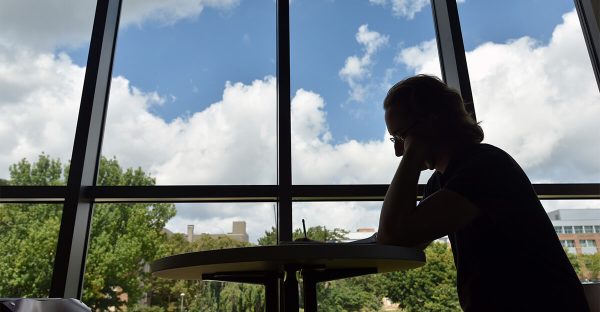Creative Writing

Creative Writing is concerned with the practice of literary art, the life of the imagination, and the capacities of language. Creative writing students analyze masterworks of fiction, poetry, and literary nonfiction from different periods and cultures; compose their own original works; develop editing and communication skills; and explore the world of contemporary publishing.
Degree Types: Minor
About the Program
Why should I pursue this degree?
You might like this program if…
- The qualities we encourage in our students prepare them to be dynamic employees who are creative thinkers and problem-solvers. Many of our students have gone on to careers as published writers, novelists, poets, essayists, short story writers, and writers of young adult literature. Other students find they are well prepared for careers in writing for the media, business, public and private foundations, and government. Higher and secondary education careers have been popular choices as well. Our students often pursue advanced degrees in fields such as creative writing, literature, law, psychology, linguistics, and ethnic and gender studies.
Coursework
Opportunities to explore the following topics:
- Fiction Writing
- Poetry Writing
- Creative Nonfiction Writing
- Article Writing
- TV Script Writing
Have questions about this program?
Future students, contact the Liberal Arts Recruitment Team.
Current students, contact your academic adviser.
This program is housed
in the Department of English
at Penn State University Park.